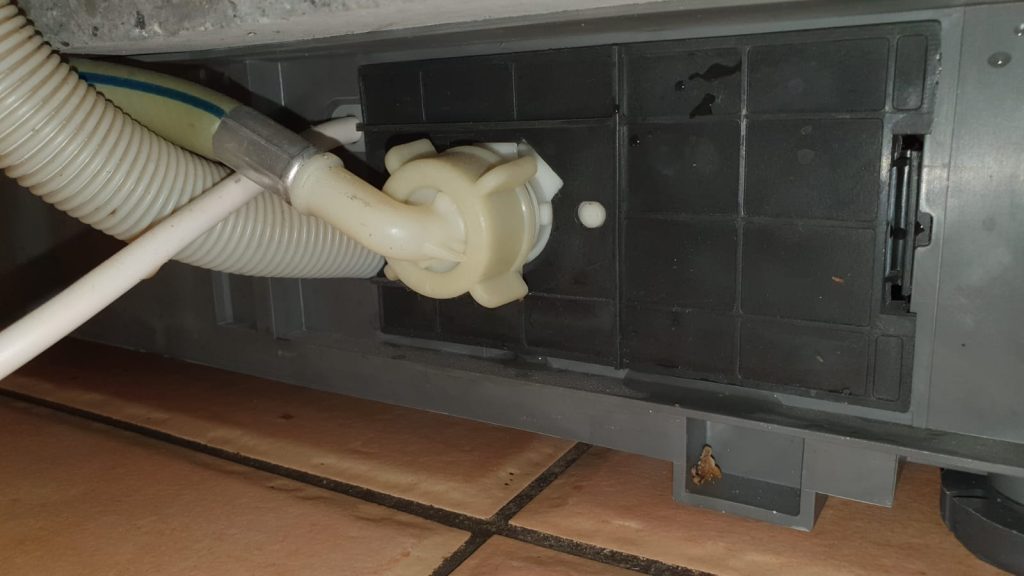Are you tired of dealing with slow-draining sinks, foul odors, and frequent clogs in your pipes? Drain unblocking is an essential skill every homeowner should possess to ensure the smooth functioning of their plumbing system. In this comprehensive guide, we’ll delve into the art of drain unblocking, providing you with expert insights, step-by-step instructions, and answers to frequently asked questions. Say goodbye to pesky blockages and hello to clear pipes!
Introduction: The Importance of Drain Unblocking
Drain unblocking is more than just a reactive measure to unclog pipes; it’s a proactive approach to maintaining the overall health of your plumbing system. Neglecting blocked drains can lead to a cascade of problems, including reduced water flow, pipe damage, and even sanitary issues. By learning the ropes of drain unblocking, you can save money on plumbing services and ensure the longevity of your pipes.

Drain Unblocking: What You Need to Know
Understanding the Common Culprits of Blockages
One of the first steps in mastering drain unblocking is identifying the common culprits behind blockages. From hair and soap scum in bathroom drains to food particles and grease in kitchen sinks, various substances can accumulate over time, leading to clogs. By being aware of these culprits, you can take preventative measures to reduce the occurrence of blockages.
Tools of the Trade: Must-Have Equipment for Drain Unblocking
Before you roll up your sleeves and tackle that stubborn blockage, it’s essential to have the right tools on hand. Here’s a list of must-have equipment for effective drain unblocking:
- Plunger: A plunger is a versatile tool that can help dislodge minor clogs by creating pressure and suction.
- Drain Snake: Also known as an auger, a drain snake is a flexible tool designed to navigate through pipes and break apart clogs.
- Baking Soda and Vinegar: A natural and eco-friendly solution for minor blockages, the chemical reaction between baking soda and vinegar can help break down organic matter.
- Chemical Drain Cleaner: In cases of stubborn clogs, a chemical drain cleaner can be effective, but it should be used with caution and following the manufacturer’s instructions.
Step-by-Step Guide to DIY Drain Unblocking
Step 1: Remove Debris
Start by removing visible debris or gunk from the drain opening. This can often improve water flow and make subsequent steps more effective.
Step 2: Plunge the Drain
If the clog is minor, use a plunger to create suction and pressure. Place the plunger over the drain, ensuring a tight seal, and rapidly plunge up and down.
Step 3: Try Baking Soda and Vinegar
For organic blockages, pour half a cup of baking soda down the drain, followed by a cup of vinegar. Cover the drain and let the mixture fizz for about 30 minutes before flushing with hot water.
Step 4: Use a Drain Snake
If the clog persists, use a drain snake. Insert the snake into the drain and rotate it while gently pushing it forward. This will help break apart and dislodge the clog.
Step 5: Chemical Drain Cleaner (If Necessary)
As a last resort, use a chemical drain cleaner. Follow the manufacturer’s instructions carefully and avoid overuse to prevent pipe damage.
Preventing Future Blockages: Tips for Maintenance
Dispose of Grease Properly
Avoid pouring grease down the drain, as it can solidify and cause blockages. Instead, collect grease in a container and dispose of it in the trash.
Install Drain Screens
Placing drain screens over your drains can catch hair, food particles, and other debris, preventing them from entering the pipes.
Regular Hot Water Flush
Once a week, flush your drains with hot water to help melt away any accumulating grease and keep the pipes clear.
Professional Maintenance
Consider scheduling annual professional drain cleaning to prevent buildup and address any early signs of blockages.
FAQs About Drain Unblocking
Can I use a plunger on any type of drain?
Yes, plungers are effective on most types of drains, including sinks, toilets, and showers.
Is it safe to use chemical drain cleaners?
Chemical drain cleaners can be effective but should be used sparingly and as a last resort. They can damage pipes with frequent use.
How often should I clean my drains to prevent blockages?
Performing preventative maintenance every few months can significantly reduce the risk of blockages.
Can tree roots cause drain blockages?
Yes, tree roots seeking water sources can infiltrate pipes and cause blockages. A professional plumber can address this issue.
What should I do if none of the DIY methods work?
If your attempts at drain unblocking are unsuccessful, it’s best to call a professional plumber to avoid causing further damage.
Are there eco-friendly alternatives to chemical drain cleaners?
Yes, using a mixture of baking soda and vinegar can be an effective and eco-friendly way to tackle minor blockages.
Conclusion: Clear Pipes for a Smooth-Flowing Home
Maintaining clear and unblocked drains is crucial for the proper functioning of your home’s plumbing system. By familiarizing yourself with the tools, techniques, and preventative measures outlined in this guide, you can become a drain unblocking expert. Remember, a little maintenance goes a long way in preventing major blockages and costly repairs. Say goodbye to clogs and hello to worry-free plumbing!